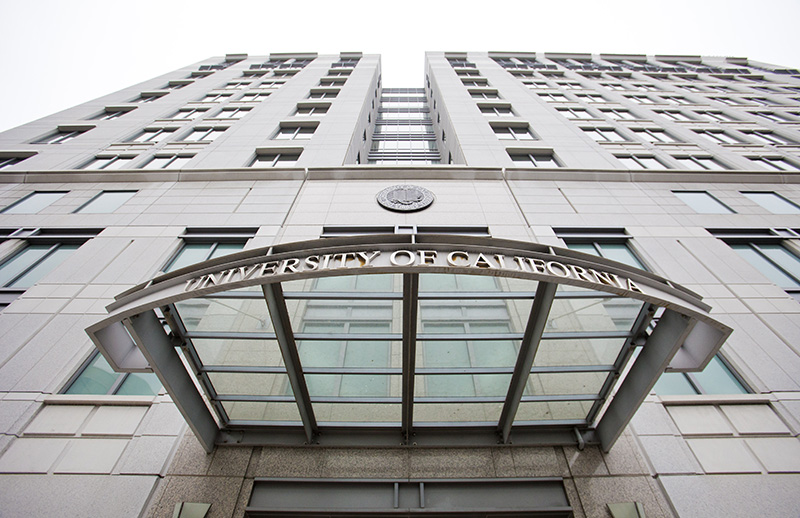Assemblywoman Lorena Gonzalez (D-San Diego) proposed a bill to prevent the Social Security numbers of California public school students from being collected by school districts unless required by law on Feb. 17.
Gonzalez’s proposal was a response to the recent ruling in Morgan Hill Concerned Parents Association, et al. v. California Department of Education. The ruling orders school districts to give the personal information of all students who attended a California public school from Jan. 1, 2008 and onward to the CPA.
Assembly Bill 2097 was proposed in conjunction with Assemblymembers Melissa Melendez (R-Lake Elsinore) and Mike Gatto (D-Los Angeles). Gonzalez’s Chief of Staff Evan McLaughlin explained the two goals of the bill and how similar situations should be dealt with should they arise in the future.
“The first is to get schools and school districts out of the business of collecting certain kinds of sensitive information like Social Security numbers, as the Department of Education acknowledges that there is no practical use by a school district for the collection of that information — zero,” McLaughlin said to the UCSD Guardian. “Secondly, the Assemblywoman and her colleagues are exploring whether the bill can create a higher standard for the release of this information to outside organizations … To put a finer point on it, can this information be organized in a way that preserves transparency but that doesn’t put the privacy and security of 10 million children and their families at risk?”
About 10 million students will potentially have their information given to the CPA under the parameters established by the court ruling. The data dump will go to the nonprofit Concerned Parents Association for research on how students with disabilities are treated in the public school system. While he acknowledged the need for transparency in the operations of California’s public school system, Mclaughlin expressed concern over the implications of the legal decision.
“Social Security numbers, medical history and discipline records that are traceable to individual children and their families is very worrisome, no matter what kind of private organization is receiving them,” Mclaughlin said. “This is a terrible precedent to set in the eyes of parents, like Assemblywoman Gonzalez, who are rightly worried about the privacy of their children.”
The CPA has been involved in the aforementioned court case since 2012, finally receiving the ruling that will allow the association to access the information it has requested. The information will be used in a statistical analysis to determine if the California Department of Education has been remiss in providing special needs students with the appropriate educational resources. The association’s website addresses some the concerns many parents have, including the reasoning behind such a large-scale data dump.
“We need data about every student in California so that our statistician can … pull a representative sample of the whole population,” the CPA’s website claims. “We need this information in order to verify or refute CDE’s contention that its educational programs are compliant with state and federal law and need no further oversight or correction.”
Students can opt out of having their information given to the CPA through a form on the CDE’s websites that must be mailed in to the CDE office by April 1, 2016. Warren College third-year Amy Nguyen, who is a current Policy Intern with the Governor’s Office of Planning and Research, felt that sufficient notice and publicity was not given for the matter.
“I think California school districts need to do a better job of publicizing this court ruling and making resources and information more available to parents and students so that they can have a chance to make decisions regarding their personal information,” Nguyen told the Guardian.
Nguyen also felt that the CPA’s cause was worthwhile but also that the wide scope of the data dump did not seem appropriate for the population being studied.
“Personally, I feel like there is disconnect between the amount of information being released and the goals of the organization,” Nguyen said. “Setting SSNs aside, to release the information of 10 million students in order to address an arguably smaller percentage sounds like overkill to me. Keeping that in mind, I believe that there is a way for both information privacy and the organization’s mission to go hand-in-hand without one jeopardizing the other.”






